There’s No More Idol Worship and the Difference Is Jesus
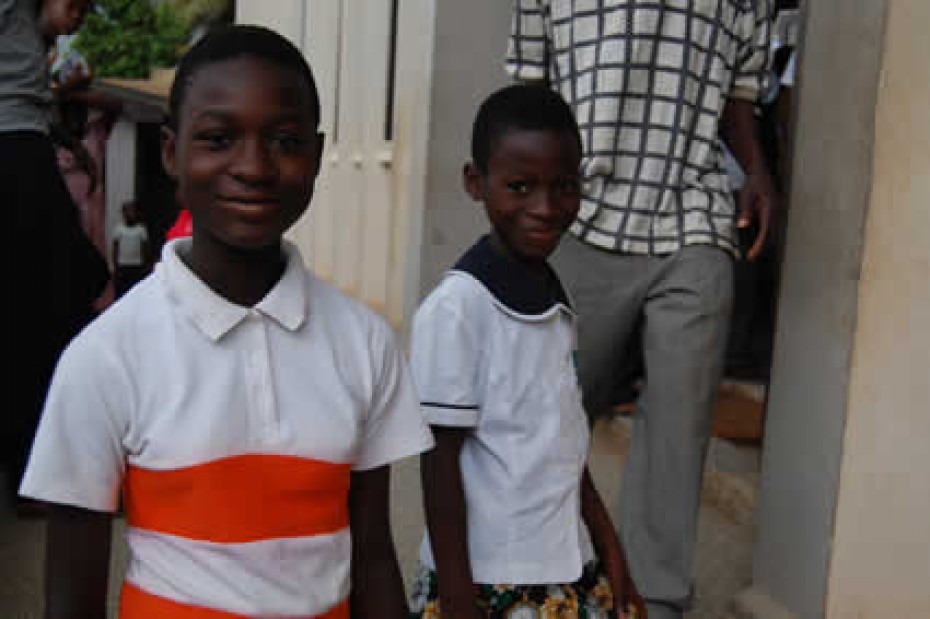
One evening Elizabeth attended a church service where she encountered Jesus Christ. Since then, life has not been the same for her and her grandchildren. Jesus is making the difference in her family.
Continue Reading ›Nine Questions With Nyarko Twum Berima
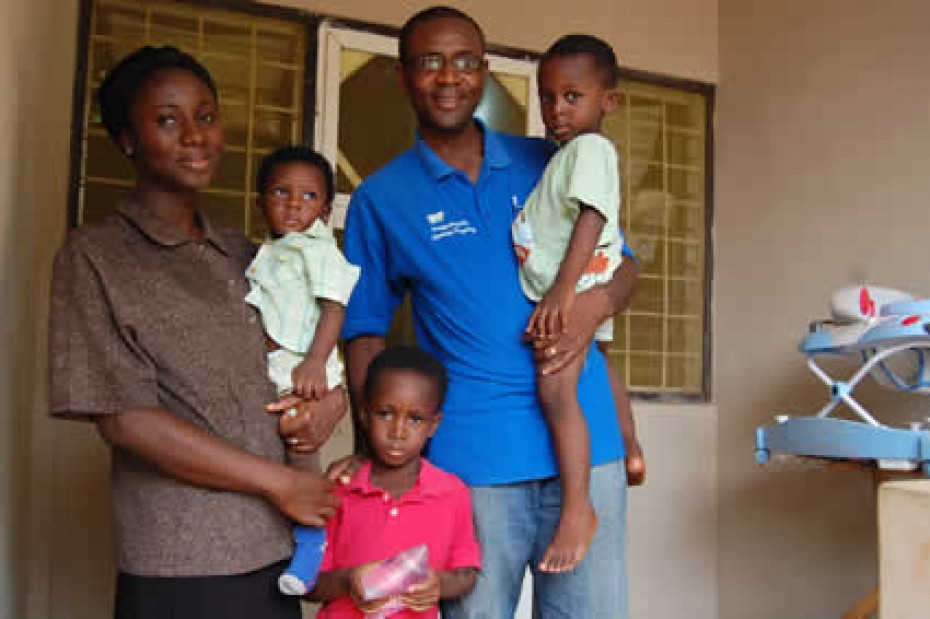
I believe that God places us in our jobs, so to me every position is a privilege given by God. I want to be here to serve, learn and grow.
Continue Reading ›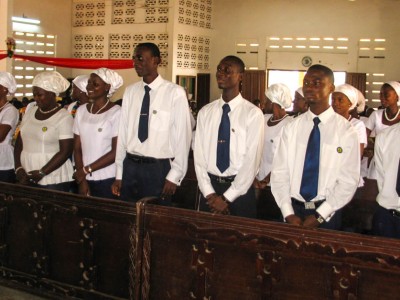
Easter in Ghana
To Ghanaian Christians, Easter is a day of remembering what Christ did on the cross for all mankind; not just remembering but knowing that it was the foundation for their salvation. They believe that without the passion of Christ, people would not know that there is a place for them to go after death.
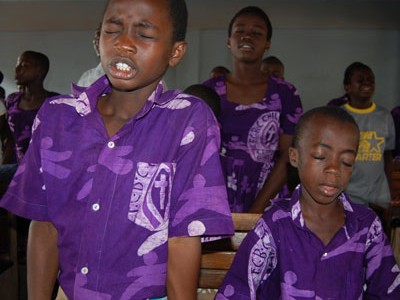
Your Sponsored Child Prays For You
As sponsors you are held in high esteem by the staff in our Ghana office, by the staff of our church partners, and among all the children in the child development centers. Compassion would not be Compassion without you. The children would not have the lives they have without your response to Jesus. We in Ghana appreciate you and pray that your relationship with us will be a lifelong one. Amen!
AIDS Crisis in Africa: What Compassion Ghana Is Doing About It
Compassion Ghana is intensifying its fight against the spread of HIV and AIDS with Compassion’s AIDS Initiative. Among the many activities aimed at achieving this objective is education.
Florence Sena Amponsah is a Partnership Facilitator for 12 Compassion-assisted child development centers. She has been with Compassion Ghana for one year now. She is involved with a pilot program to train youths to educate their peers about HIV and AIDS.
“When children get to a certain age, around the teenage years, they tend to relate more to their peers and their siblings who are closer to them in age than they would from their parents or teachers or adults in general.
“Parents and adults have the inclination to be uncommunicative on issues concerning sex, but children get to an age where they need answers to many things happening to their bodies. When they do not get the responses they require, they turn to their peers for information.
“Most times the information shared among peers is by and large wrong and detrimental.
“Considering these facts, we believe that when the capacity of children whom we call ‘Peer Educators’ is built up by equipping then with right knowledge and correct information, then these children can carry the message across to other children, their communities, their churches and even in their schools.
“What they are learning are most of the general things they need answers to at their developmental stage, which they are not able to openly talk about.
“The Peer Educators Training is in the pilot phase for 12 child development centers, presenting two children from each. So there are 24 children involved in the pilot.
“From what I have seen so far, I can confidently say that the program is going to make a great impact. The group of children here are highly intelligent, and judging from their participation, I can tell they are learning a lot as they find the topics to be relevant to them.
“We chose HIV and AIDS as the topic for the peer educators because HIV and AIDS is a disease which is threatening Africa. It has cut across many countries, and is a problem here in Ghana.
“We have orphans, we have people who have been infected with the disease, so we are building the capacity of these peer educators to carry the message.
“They are being taught how the disease is spread so that if they know, they will make informed decisions about themselves. At least they will know how to protect themselves.
“They are also being taught the need to care for other people who have the disease to help prevent discrimination, isolation and rejection.”
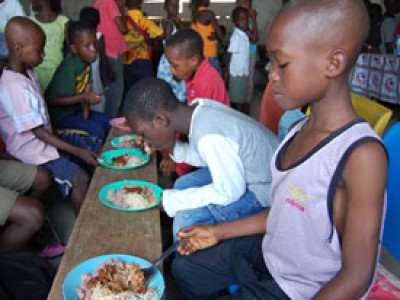
Highly Vulnerable Children: How Do We Help Them?
Our Highly Vulnerable Children initiative deals with poor children who find themselves in very critical conditions demanding special attention and assistance in order to survive.


